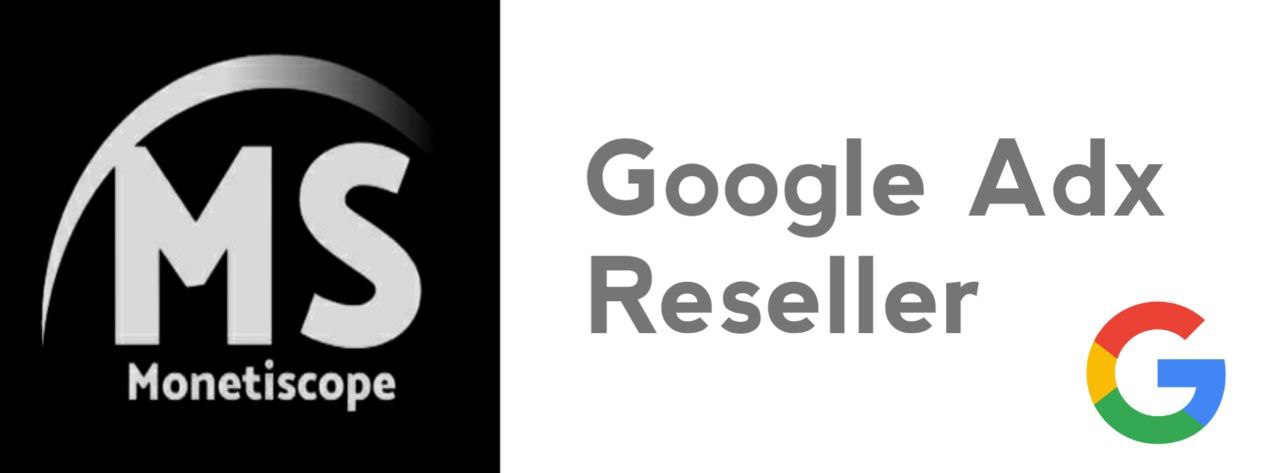Integrating or Connect Google Analytics to Ad Manager is crucial for getting comprehensive insights into your ad performance and website traffic. By connecting these two powerful tools, you can optimize your ad strategy, enhance user experience, and ultimately, increase your revenue. In this article, we’ll walk you through the process of linking Google Analytics to Google Ad Manager in detail.
Step-by-Step Guide to Connect Google Analytics to Ad Manager
Step 1: Log in to Ad Manager
To start, log in to your Google Ad Manager account. Ensure that you have administrative access, as you’ll need it to make the necessary changes.
Step 2: Open the Admin Section
Once logged in, navigate to the Admin section. You can find this option in the menu, usually located on the left-hand side of the dashboard.
Step 3: Click on Global Settings
In the Admin section, look for the option labeled “Global Settings.” Clicking on this will take you to a page where you can configure various settings for your Ad Manager account.

Step 4: Enable Report Settings
Scroll down the Global Settings page until you find the “Report Settings” section. Here, you’ll need to enable the option to link your Google Analytics account. This will allow Ad Manager to access data from Analytics.

Step 5: Accept Terms of Google Analytics
After enabling the report settings, you’ll be prompted to accept the terms and conditions of Google Analytics. Read through them and click “Accept” to Connect Google Analytics to Ad Manager.

Step 6: Click on Linked Account Option
Next, return to the Admin section in the menu. This time, look for the “Linked Accounts” option and click on it.

Step 7: Click on Google Analytics 4 Property Links
Within the Linked Accounts section, you should see an option for “Google Analytics 4 Property Links.” Click on this to start the linking process.
Step 8: Create a New Property Link
Click on the button labeled “New Property Link.” This will prompt you to enter the property details from your Google Analytics account.
Step 9: Paste Analytics Property from Google Analytics
Go to your Google Analytics account and copy the property ID of the Analytics property you want to link. Paste this ID into the designated field in Ad Manager to Connect Google Analytics to Ad Manager.

Step 10: All Set
Once you’ve pasted the property ID, click “Save” or “Link” to complete the process. Your Google Analytics account is now successfully linked to Google Ad Manager.
Benefits of Linking Google Analytics to Ad Manager
Connecting Google Analytics to Ad Manager offers numerous advantages:
1. Comprehensive Reporting: Get detailed reports combining ad performance and website traffic data.
2. Enhanced Targeting: Utilize audience data from Analytics to refine ad targeting.
3. Improved ROI: Optimize ad spend by analyzing performance metrics.
4. Seamless Integration: Benefit from the seamless data flow between the two platforms.
Best Practices for Using Google Analytics and Ad Manager
– Regular Monitoring: Frequently check reports to stay updated on performance.
– A/B Testing: Use insights to conduct A/B tests and improve ad strategies.
– Audience Segmentation: Leverage audience data to create targeted ad campaigns.
– Performance Analysis: Analyze data to identify high-performing ad formats and placements.
Conclusion:
Connect Google Analytics to Ad Manager is a straightforward process that can significantly enhance your ad strategy. By following the steps outlined in this guide, you can unlock valuable insights and drive better results for your campaigns. Remember to make use of SEO tools, search engine optimization tools, and other best SEO tools to complement your analytics and ad manager efforts.
By following these steps and leveraging the power of both Google Analytics and Google Ad Manager, you can take your ad strategy to the next level and achieve better results for your website.
FAQs
What is Google Ad Manager?
Google Ad Manager is a comprehensive ad management platform for publishers, offering tools to manage, deliver, and measure all types of ads across different platforms.
Why should I link Google Analytics to Ad Manager?
Linking these two platforms allows you to gain deeper insights into your ad performance and website traffic, enabling better optimization and increased revenue.
Do I need admin access to link Google Analytics to Ad Manager?
Yes, you need administrative access to both Google Analytics and Google Ad Manager to link the accounts.
Can I link multiple Google Analytics properties to one Ad Manager account?
Yes, you can link multiple Analytics properties to a single Ad Manager account, allowing you to manage and analyze data from different websites or apps.
How often is the data updated between Google Analytics and Ad Manager?
Data synchronization typically happens in real-time, but it can sometimes take up to 24 hours for all metrics to fully update.
What are the best SEO tools to use alongside Google Analytics and Ad Manager?
Some of the best SEO tools include SEMrush, Ahrefs, Moz, and Google Search Console, which can help you with keyword research, backlink analysis, and SEO audits.
How do I ensure the accuracy of my data after linking the accounts?
Regularly check your data and ensure that both accounts are properly configured. Utilize best practices for tagging and tracking to maintain data accuracy.
What should I do if I encounter issues linking the accounts?
Check Google’s support resources or contact their support team for assistance. Ensure that you have the necessary permissions and that your accounts are properly set up.


